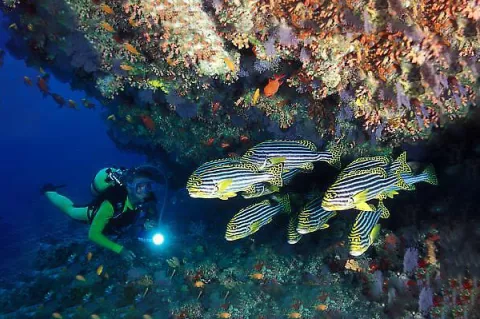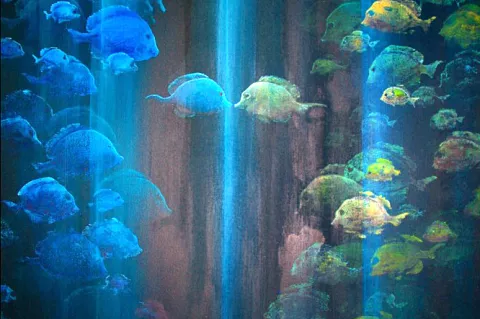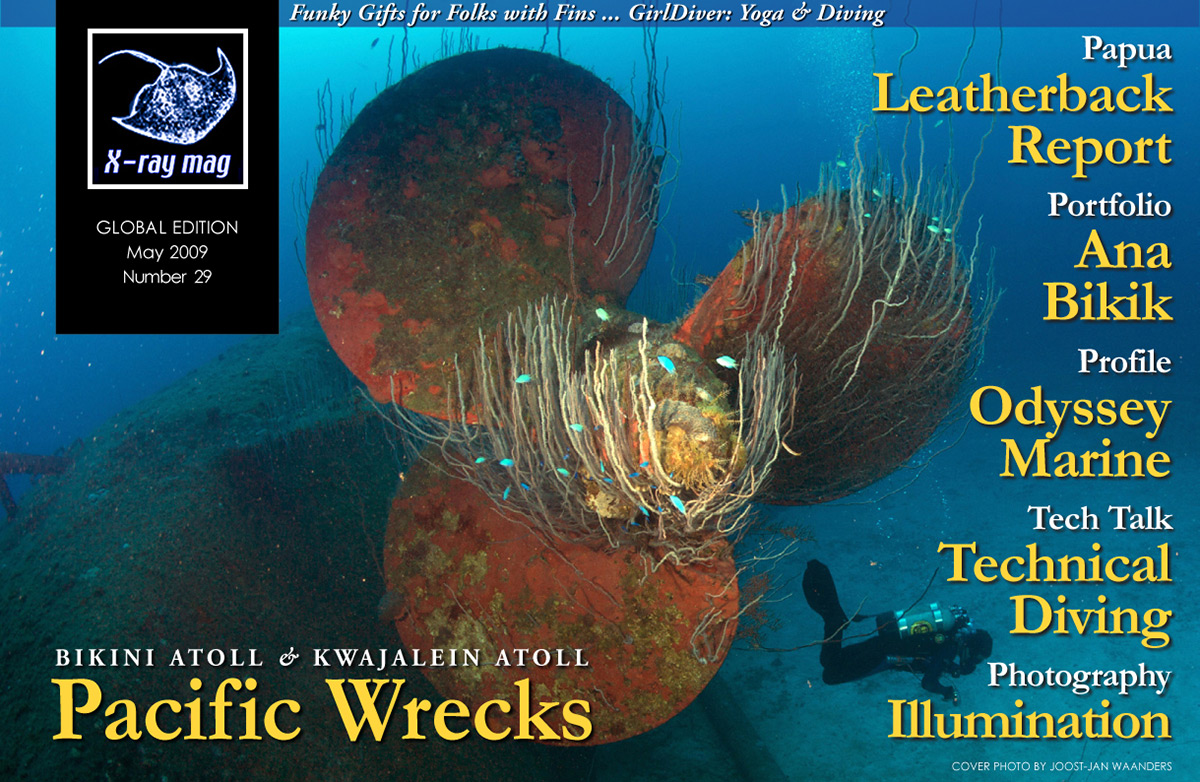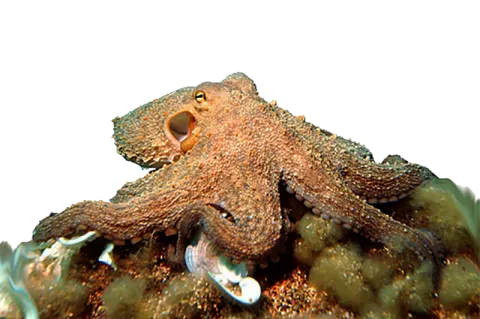WWF: Marine reserves could offset climate change costs
Future Seas is based on two scenarios developed by a representative group of fishers, scientists, energy experts, community leaders, eco-tour operators, environmentalists, and Mäori and government representatives
The report examines the long-term future of New Zealand’s marine environment, which faces tremendous outside pressure on its resources, including from fishing and mineral extraction, competing interests within the marine environment, and pollution of marine habitats





